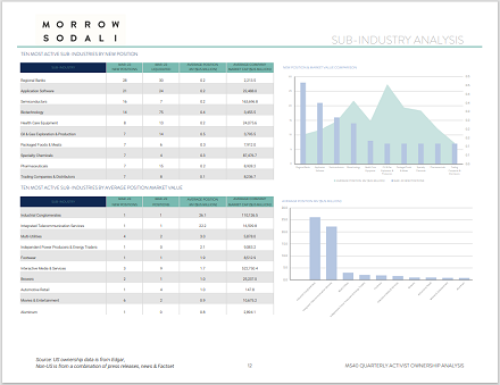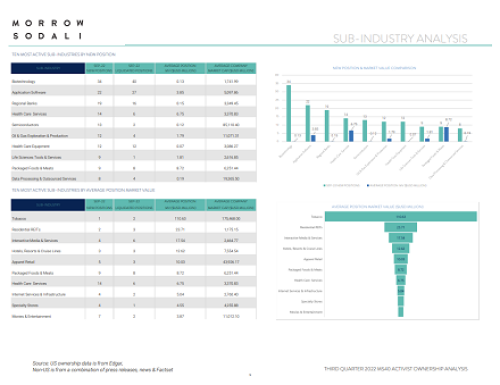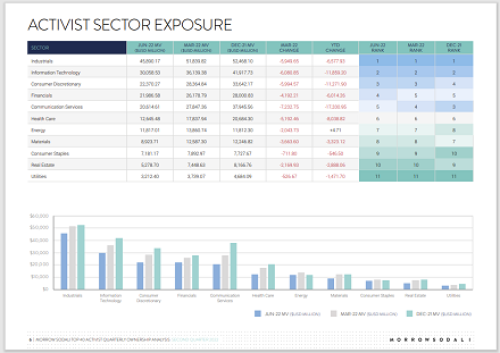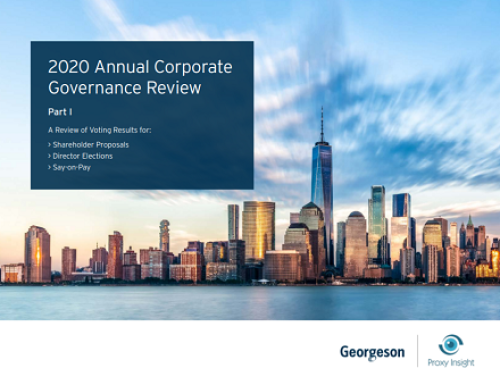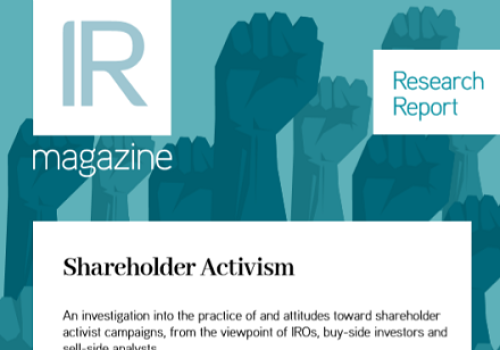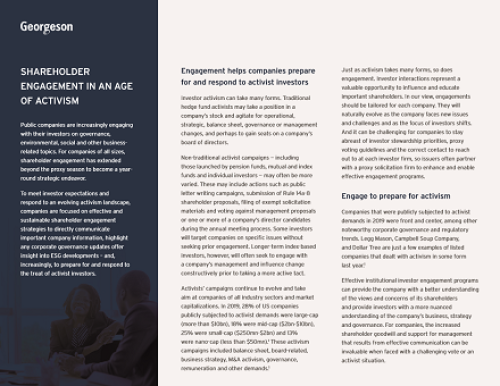– Russia has nearly doubled its revenues from selling fossil fuels to the EU during the two months of war in Ukraine, benefiting from soaring prices even as volumes have been reduced, according to The Guardian. Russia has received about €62 bn ($2.1 bn) from exports of oil, gas and coal in the two months since the invasion began, according to an analysis of shipping movements and cargo by the Centre for Research on Energy and Clean Air. For the EU, imports were about €44 bn for the past two months, compared with about €140 bn for the whole of last year, or roughly €12 bn a month, said the paper, adding that Germany was the biggest importer.
– CNBC (and everyone else) reported that Twitter’s board accepted an offer from Elon Musk to buy the social media company and take it private. ‘Free speech is the bedrock of a functioning democracy, and Twitter is the digital Town Square where matters vital to the future of humanity are debated,’ Musk said in a statement. ‘I also want to make Twitter better than ever by enhancing the product with new features, making the algorithms open source to increase trust, defeating the spam bots and authenticating all humans.’
The Financial Times (paywall) added that Tesla shares slid more than 12 percent on Tuesday – wiping more than $125 bn off the electric carmaker’s valuation – the same day Musk ‘clinched the deal to buy Twitter’.
– Robinhood revenues ‘tumbled’ as retail trading lost steam, reported the FT. Shares in the brokerage plunged 11 percent on the news that Robinhood’s revenue fell by more than expected in the first quarter as the coronavirus-driven retail trading fervor in meme stocks and cryptocurrencies lost steam in the wake of market uncertainty. The results came as retail brokerages that experienced ‘a pandemic-driven boom’ reported a pullback from retail investors compared with 2021, said the paper. Uncertain markets, rising interest rates, lack of fiscal stimulus, a return to pre-lockdown routines and inflation – which is squeezing households’ bottom lines – have contributed to investor reticence about investing.
Bloomberg (paywall) added that the online brokerage, which popularized zero-fee commissions, is cutting 9 percent of its full-time staff, ‘having racked up more than $2 bn in losses since its July IPO.’
– Shares in Apple also took a knock, continued the FT, after it warned of a potential hit of up to $8 bn in the current quarter from headwinds including supply-chain shortages and factory shutdowns in China, underscoring how the challenges posed by the pandemic are far from over for the world’s most valuable company. ‘Supply constraints caused by Covid-related disruptions and industry-wide silicon shortages are impacting our ability to meet customer demand for our products,’ Apple’s finance chief Luca Maestri told analysts on Thursday.
– CityWire reported that ‘booming resources stocks’ have driven UK dividend growth so far this year and a rebound in commodity prices has led to an upgrade in forecast payouts, which are now expected to hit £92 bn ($116 bn) in 2022. It said that while the data from Link Group’s latest UK Dividend Monitor initially looks ‘disappointing’, once special dividends and the departure of mining giant BHP from the UK stock market are taken into account, the underlying total jumped 12.2 percent to £13.3 bn, as one-off payments were much lower than the previous year.
The findings reveal just how much income-investors are benefiting from mining and oil stocks this year, as the war in Ukraine and subsequent sanctions on trade with Russia send the price of oil rocketing along with other commodities, said CityWire.
– Fidelity is to allow clients to invest in Bitcoin through their 401(k) accounts, according to The Block. The company, which manages around $4.2 tn in assets, said it plans to permit investors to add a Bitcoin account in their retirement savings plans, as long as their employers allow it. Reports suggest the new functionality could be rolled out as soon as summer this year. Fidelity would let retirement savers allocate up to 20 percent of their portfolio to Bitcoin, although that number could change.
– The Block also reported that two former Jefferies executives are launching Crossover Markets Group, a crypto exchange for institutional traders. The exchange reportedly aims to increase the speed at which investors can trade cryptocurrencies by lower latency, which describes how long it will take for an action to be completed. Institutional interest in this ‘nascent space is growing,’ it said, with one study by Fidelity Digital Assets showing that seven out of 10 institutional investors expect to buy or invest in crypto assets in the near future.
– ‘Allocators’ enthusiasm over hedge funds hasn’t been this high since 2015,’ declared Institutional Investor. Institutional investors deployed $19.8 bn in hedge funds in the first quarter, marking the highest quarterly inflow in seven years, said the publication, citing data from Hedge Fund Research. The biggest hedge funds continued to dominate inflows, with those managing at least $5 bn in assets attracting $16.8 bn alone in the past three months, according to the report. Total assets in hedge funds increased by more than $1 tn in the trailing eight quarters, after falling below $3 tn during the first quarter of 2020.
– Hong Kong’s IPO drought has placed Hong Kong Exchanges & Clearing among the worst-performing stock exchanges, according to Bloomberg, citing ‘China’s extended corporate clampdown and pandemic-related woes’ as resulting in a disappearance of large initial public offerings. Hong Kong hasn’t hosted any IPO larger than $1 bn so far this year, said the news agency, adding that overall proceeds in the Asian financial hub have slumped, with the vast majority of newcomers plunging below the listing price after they debuted. Losses in Chinese stocks have deepened this year as strict lockdowns add to persistent worries over regulation and rising global interest rates. The exchange’s shares have apparently retreated 28 percent in 2022, just behind those of Moscow’s bourse and cryptocurrency platform Coinbase Global.


